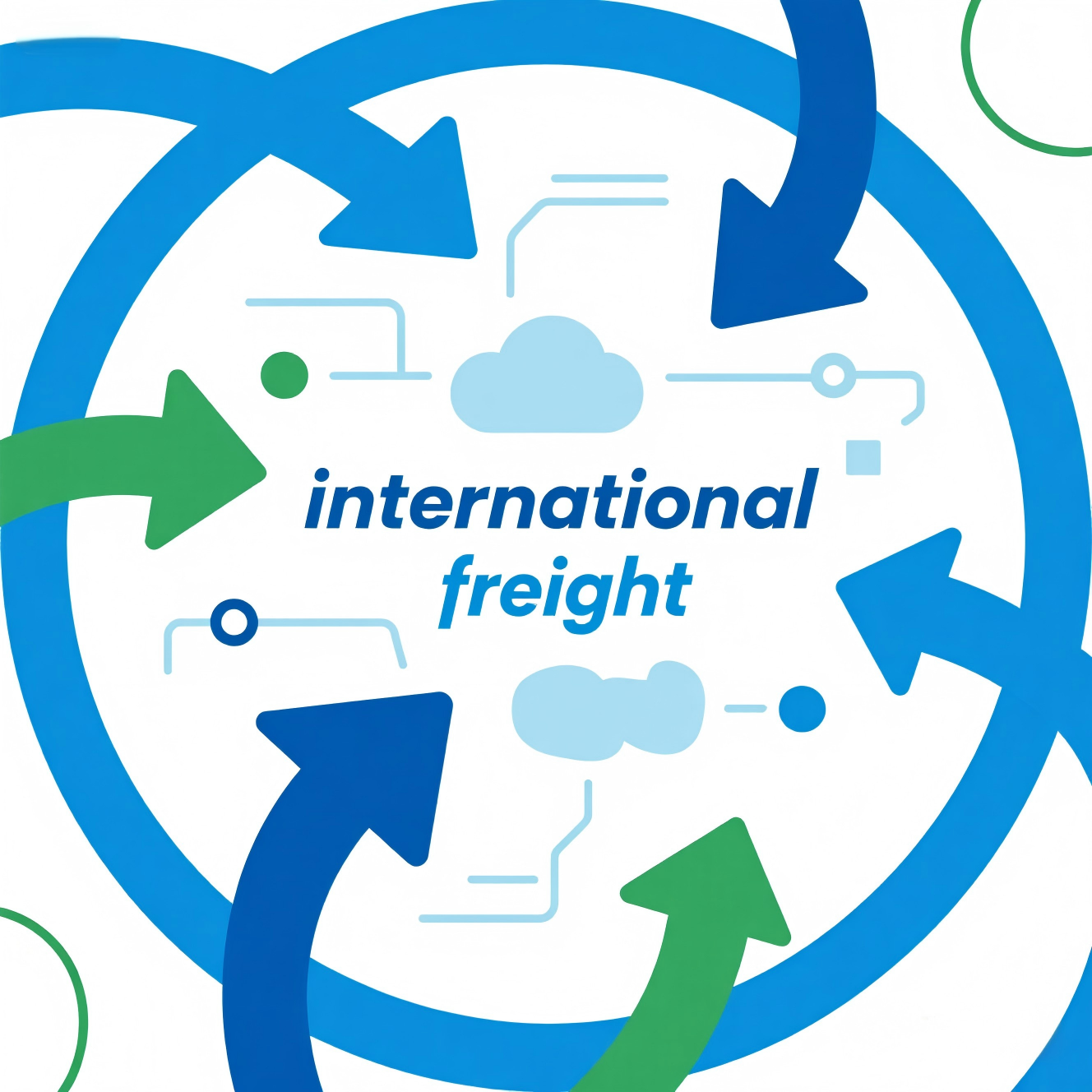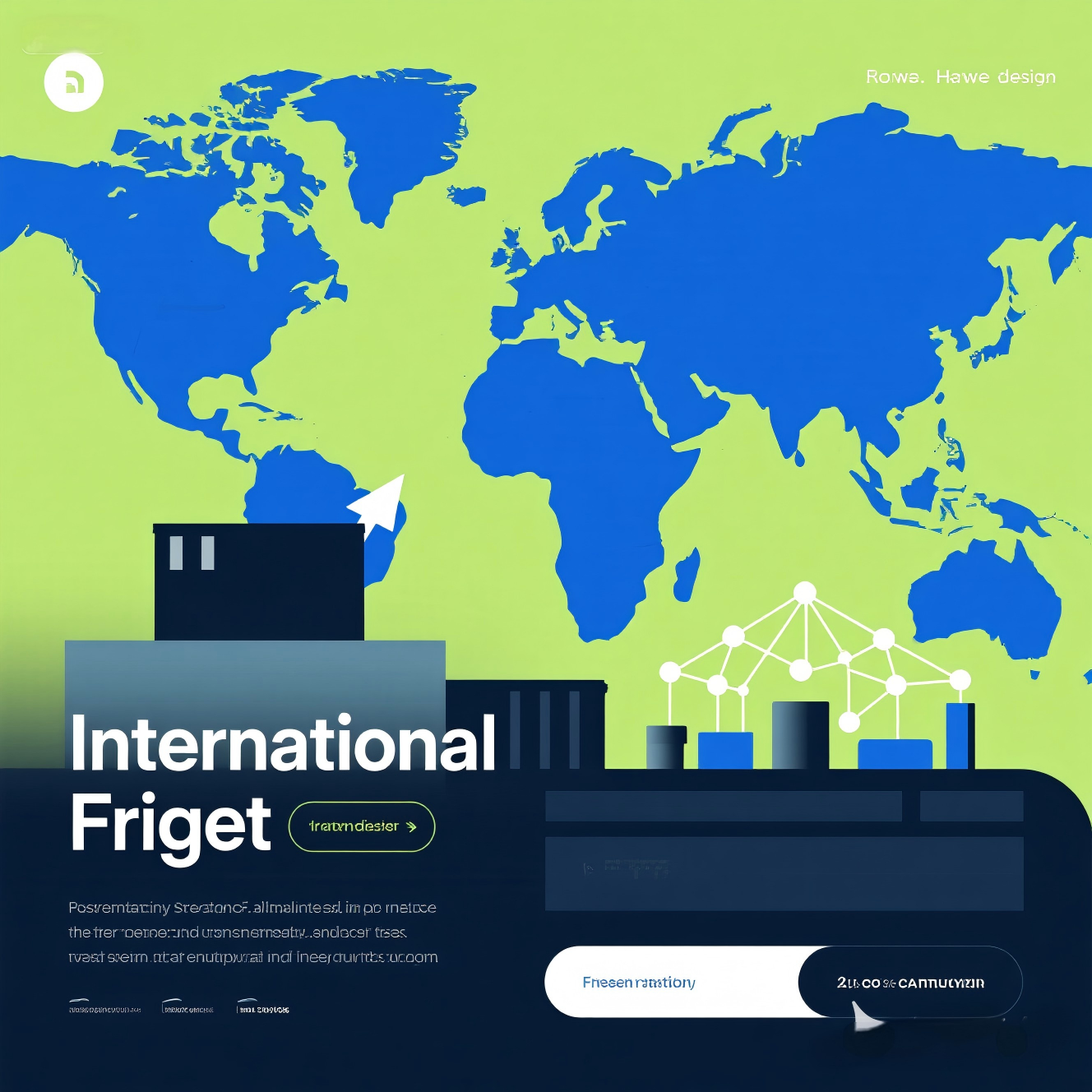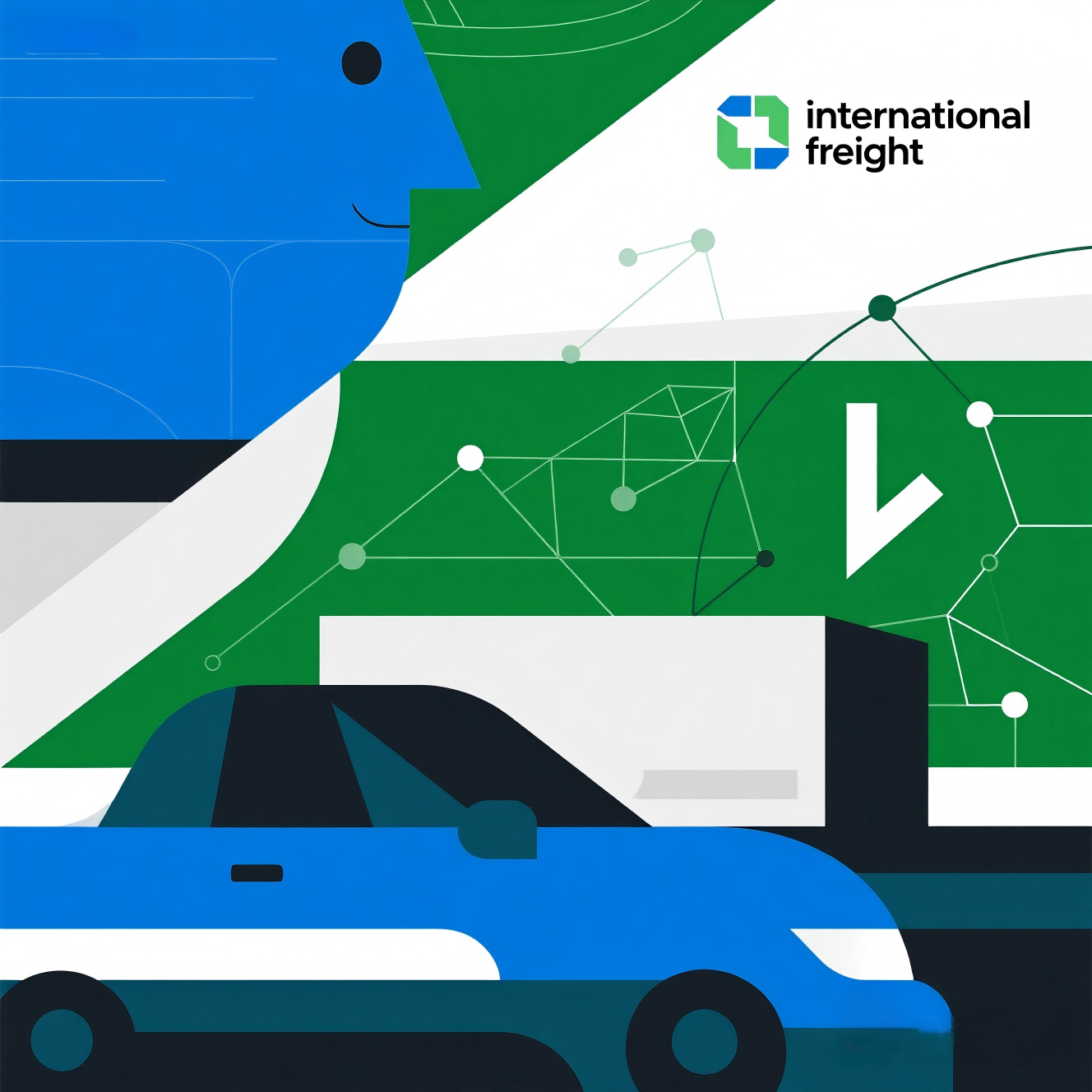international air freight prices
International air freight prices represent a complex and dynamic aspect of global logistics, reflecting the cost of transporting cargo via aircraft across international borders. These prices are determined by multiple factors, including fuel costs, distance, cargo weight and volume, market demand, seasonal variations, and regulatory requirements. Modern air freight pricing systems utilize advanced algorithms and real-time data analytics to provide accurate quotations based on current market conditions. These systems integrate with various tracking technologies, customs documentation processes, and delivery scheduling platforms to ensure efficient shipment management. The pricing structure typically includes base rates, fuel surcharges, security fees, handling charges, and various ancillary services. Technology plays a crucial role in price optimization, with artificial intelligence and machine learning tools analyzing historical data and market trends to predict future price fluctuations. The application of these prices extends across various industries, from e-commerce and pharmaceutical transportation to perishable goods and high-value electronics. Modern air freight pricing also incorporates sustainability considerations, with options for carbon offset programs and environmentally conscious routing choices. The industry continues to evolve with the implementation of blockchain technology for transparent pricing and smart contracts, ensuring reliability and security in international shipping transactions.


